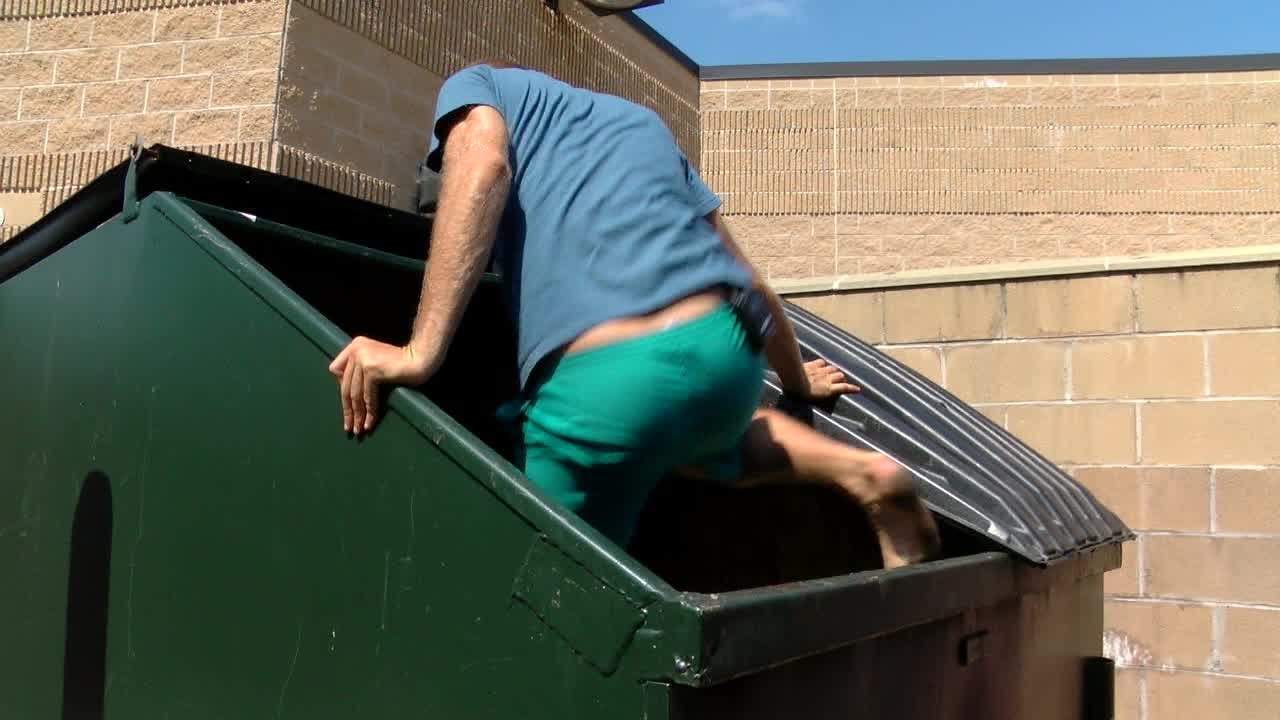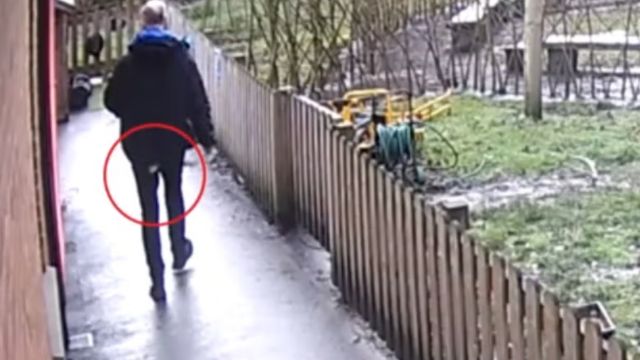Is Dumpster Diving Legal in Minnesota? Dumpster diving is a resourceful activity in today’s growing wasteful world and increasingly conscientious environmentalist. But is it legal? This goes especially for the good people of Minnesota, who in cities like Minneapolis and St. Paul are probably wondering if the practice of rummaging through dumpsters is legal or not.
What is Dumpster Diving?
Dumpster diving is also referred to as gleaning or urban foraging. It is the act of looking through a trash container for anything that has been discarded and remains usable for daily needs, whether furniture, clothes, food, electronics, or any other essential household items. People dumpster dive for several reasons, including:
- Saving money: because one finds usable, good-grade items at no cost
- Reducing Waste: Dumpster diving helps lessen the amount of waste that goes to the landfills as these discarded items get a second life.
- Unique Finds: Many a time, this unique and interesting stuff isn’t available anywhere else except in the dumpsters.
Why Dumpster Dive?
There could be many reasons why people choose to dumpster dive. Amongst those are its practical use when one needs something, environmental orientation, and the thrill of the hunt along with gaining satisfaction through finding valuable things free of cost.
Legality of Dumpster Diving in Minnesota
The legality of dumpster diving in Minnesota is rather quite vague. There is not a single law that prohibits this practice within the state. However, there are factors that come into play.
- Supreme Court Case on Trash Ownership: The most prominent case on the legality of dumpster diving is California v. Greenwood, 1988. The Supreme Court made a decision stating that people have no expectation of privacy in trash that they have thrown away. This, in effect, means that it is legal to search through trash as long as you are not trespassing on private property.
- Local Ordinances and Trespassing Laws: While there is no state law against dumpster diving in Minnesota, individual cities and counties may have ordinances that make it illegal. Moreover, trespassing laws may be an issue if you’re diving in a dumpster located on private property. Here are some examples:
- Minneapolis: There is no Minneapolis city ordinance against dumpster diving. However, trespassing on private property is illegal. Thus, just so long as you’re diving in a dumpster that you access off of public property, you should be fine.
- St. Paul: Like Minneapolis, St. Paul does not have a law against dumpster diving itself. There are ordinances against littering and scavenging though, which could arguably apply to dumpster diving.
Dumpster Diving Safety Tips
If you’re thinking about dumpster diving in Minnesota, here are some safety tips you’ll want to be aware of:
- Be cautious of your surroundings: Only dumpster dive in lit areas and do not dumpster dive alone.
- Dress sensibly: You’ll be working in contact with sharp things and germs, so wear gloves, long pants, and closed-toe shoes.
- Be cautious of hazardous material: Do not remove anything which you suspect as hazardous waste.
- Care for the wildlife: You never know if you may have to share your time with rats or raccoons.
- Expiration dates: If you are dumpster diving for food, check the expiration dates on everything you find.
Ethical Imperatives of Dumpster Diving
While the practice of dumpster diving is safe, within the bounds of law, and friendly to the environment, there are some ethical concerns involved.
- Respect private property: Dumpster dive only in public places or with permission from the owner of the property.
- Be considerate of others: Do not leave a mess after getting, and be respectful of the people who live near the dumpster or work nearby.
- Take only what you need: Avoid hoarding items that you do not intend to use. Consider donating such unwanted items to charity.
Alternatives to Dumpster Diving
If you want to find free or bargain items then a number of alternatives to dumpster diving may attract your interest:-
- Freecycle and Buy Nothing groups: Online groups whereby one can give away unwanted items free of charge.
- Thrift stores and consignment shops: A major source of household items, thrift stores and consignment shops often offer great deals on used clothing, furniture, and other household goods.
- Garage sales and estate sales: You might find all that treasure you ever wished for at an affordable price.
- Curb alerts: Many individuals share online items they throw out onto the curb.
- Free food pantries and community kitchens: If you are looking for free or very affordable meals, there are many organizations offering free or low-cost meals.
Conclusion
Dumpster diving can be a legal and rewarding activity, but only if one is aware of the local law and takes all the necessary safety precautions. One should not, however, intrude on private property or act less than ethically. In addition to dumpster diving, there are many other alternatives with which you might be able to satisfy your needs.
By following these tips, you can make sure your dumpster dive experience is safe, legal, and ethical. With a little planning and common sense, dumpster diving can be a positive experience for everyone involved.
Other Factors
- Safety: Of course, one should always note that it is imperative to first determine whether there are hazardous materials, broken glass, or other dangers, before reaching into a dumpster. A headlamp is also very handy for illuminating the contents of the dumpster, especially in nighttime situations.
- Hygiene: Dumpster diving can be a messy business. Having a designated bag for your finds and keeping hand sanitizer readily available is essential. Washing your hands thoroughly after diving is also crucial.
- Thrift stores and consignment shops: If you frequently find yourself dumpster diving in a particular location, take the initiative to introduce yourself to the property owner or manager. You might be surprised by their openness regarding taking specific items that they are willing to let you have as long as you are respectful and responsible.
Final Thoughts
Dumpster diving could be fun and rewarding at the same time and effective in finding treasure hidden in trash. However, one should follow the law, take safety precautions, and be ethical in approach for dumpster diving so that it will have positive experiences both for you and for the environment.


 by
by 




